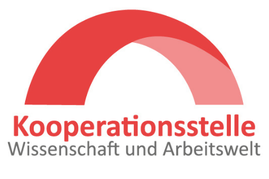#11 Fashion Industry: Transnational Perspectives on „Democratizing Work“

With Dithhi Bhattacharya (Centre for Workers‘ Management, India) and Janina Hirth (ExChains Netzwerk und TIE, Deutschland).
We discuss how precarious workers in (fast) fashion retail in Germany and garment workers in Asia can organize transnationally. What role does democracy at work play in the struggles for better working conditions in Germany and India? How can workers on both ends of the value chain decide and act together in their struggle(s)?
More Information
This episode was part of the first Global Forum on Democratizing Work. Records of all the panels are available on the #DemocratizingWork website. Read and sign the #DemocratizingWork-Manifesto in your own language here.
More information on TIE and the ExChains Network can be found here.
Janina Hirth and Markus Rhein have published an article on “Algorithmic assembly lines. Digitalization and resistance in the retail sector”, an accessible glimpse into the changing world of retail.
More Information on the Centre for Workers’ Management, India can be found here.
Our Guests
Janina Hirth is involved in the ExChains Network, a network that is committed to develop and strengthen links between workers from Asia and Europe. As a political scientist she is interested in: Feminist Sciences and Technology Studies, Feminist and postcolonial perspectives on development, Digitalization and social transformation, Subjectivization of labor and the History of social democracy in Germany.
Dithhi Bhattacharya is the Director of the Centre for Workers‘ Management in India. The Centre was set up by trade unions and now functions as a trade union resource center. They focus on trade unions which have traditionally not been affiliated to political parties, coming from all sectors, including the garment sector. The Centre supports them especially in regard to collective bargaining and freedom of association. In the garment sector they have been able to establish cooperation with workers in Germany along the supply chains of Primark and H&M.
Fotocredits: Solidarity Center (CC BY-ND 2.0).





